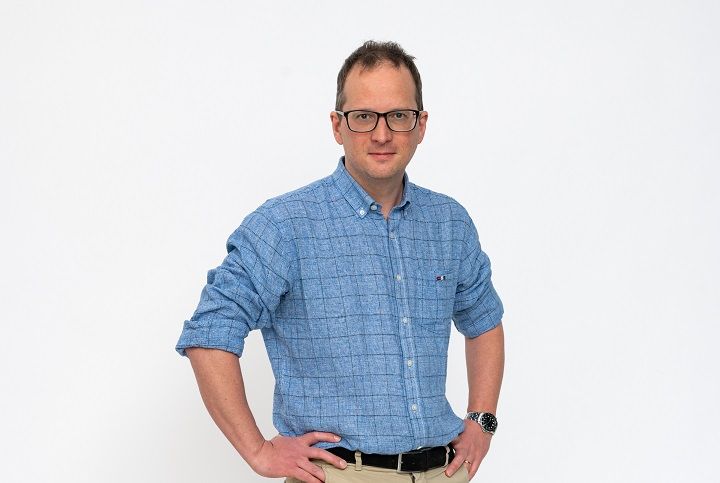The last couple of months have been some of the most exciting in my career so far.
Since The Copenhagen Post came under new ownership this spring, we’ve been working hard on delivering relevant news, relaunched the paper in a new design, implemented a new editorial strategy and accomplished lots of other things.
Today The Copenhagen Post, from Monday to Friday at 11:30, delivers a relevant newsletter to thousands of internationals.
We conduct interviews, we explore the country from an international point of view, and we dig into Danish traditions, workplace culture and what’s important to know when living and working here.
Thank you
Taking over a 25-year-old media has been fun. It’s also been challenging. I guess it’s fair to say that it has been like a rollercoaster ride.
But in general I’m happy to see that our ambition to turn the media in another direction is being valued by you: our users.
I would like to thank everyone for the feedback you’ve given us so far.
Thanks for all the emails, LinkedIn-messages and phone calls. I appreciate every one of them.
Cucumber time
However, it’s time to take a break, enjoy the summer and prepare for the next chapter in the history of The Copenhagen Post.
One could imagine that we as a modern news provider would keep on going during the month of July.
But it’s cucumber time. And I’ve done more than my fair share of stories that aren’t that important for anybody.
So instead I think it’s better for a small organisation to allocate its resources where they are best spent.
As I wrote in my first editorial, we strongly believe that The Copenhagen Post will play an important role in the years to come, during which time thousands of internationals are expected to settle in Copenhagen and the rest of Denmark.
We’ve come far. But we’re not done yet. And we’re looking forward to getting back to work in August.
I wish you a great summer.
Best regards,
Uffe Jørgensen Odde
Editor-in-Chief












